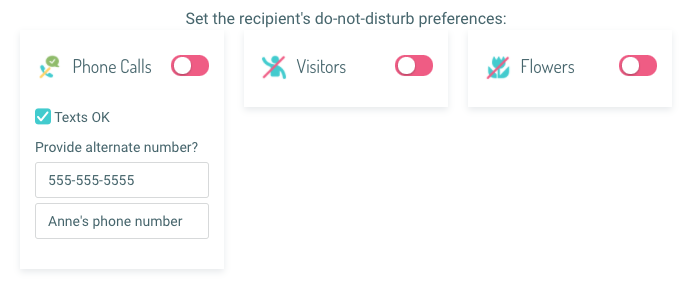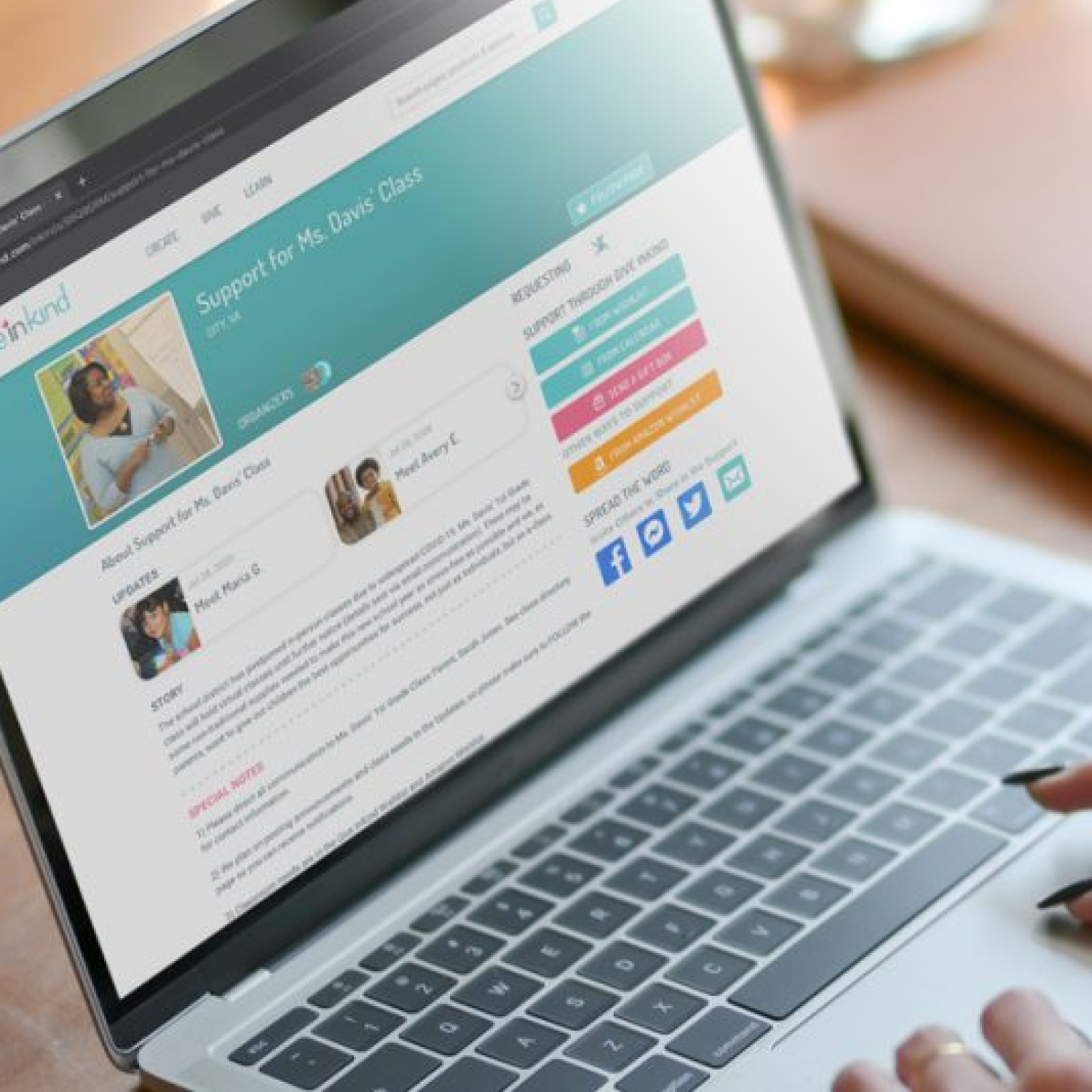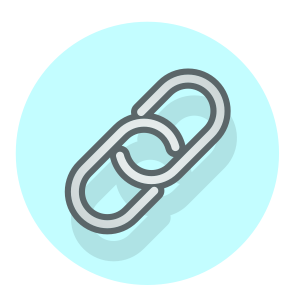The purpose of Give InKind’s Care Calendar is to organize people to give and receive support in one centralized location. Here, learn how to set up a support page for someone experiencing chronic pain of any kind.
Getting Started
Depending upon the extent of the pain, your recipient may need different levels of support, and for variable lengths of time. Sit down and talk to the person in need of help to best understand what is useful. (See a sample Give InKind page for chronic pain). Chronic pain can be debilitating and may lead sufferers to feel isolated. Community assistance is a welcome gift.
Care Calendar
For sufferers of chronic pain, managing daily tasks can be difficult. Depending upon the reason for the pain, timelines will be different. For example, if someone is waiting to have back surgery, the timeline for care may be possible to forecast. If, the cause of the pain is more difficult to resolve it may be more difficult to anticipate the length of the care that is needed.
Food: In almost every care calendar that is created, meals and groceries for the family are always among the most popular calendar items. Make sure to ask about and note whether there are any dietary restrictions. Are there allergies? Do they like meals that arrive ready to eat or are the more the take-out food type?
Childcare: People who are experiencing chronic pain often report that they get tired easily. If they have kids, managing busy schedules can be hard. Driving or standing for long periods can also be challenging so travel soccer games are hard. Don’t forget you can create slots for other kids if they do different activities.
Pet Care: Does the recipient have a dog that needs to be walked? If that is too difficult, see if neighbors can take turns. If there aren’t enough people to help, consider doggy daycare. Don’t forget about things like litter boxes and birdcages too.
Home Services: Lend a hand with general check-ins. Arrange coverage for a long-scheduled home appointment or a housecleaning.
Other: “Other” is the ultimate catch-all category. This is a great way to create opportunities for connection. People who have trouble moving around easily report feeling isolated because it is an effort to move easily around. Make a plan to visit and have an in-home movie night. Let your recipient know that they are thought of, loved, and included in plans.
Fundraising
There are lots of expenses associated with a condition like chronic pain. Lost wages add up. So do the expenses that accrue when bills cannot be easily covered. Out-of-network expenses to see medical experts are common for diagnoses that are hard to make. If there are children, childcare is sometimes necessary and that adds up. If there is a need to raise money, simply enable the fundraising button on your Give InKind page and connect your PayPal or GoFundMe account.
Wishlist
The Give InKind Wishlist is a way to identify, and easily click and send useful items to your recipient. Find items patients in a similar circumstance have found helpful. Peruse a list of items selected by the Give InKind team. When you see an item that could be helpful, use the “+” icon to add to your Wishlist.
You may also add an existing Amazon Wishlist to your Give InKind page.
Communication Preferences
Use Give InKind’s do-not-disturb section to let others know about a patient’s preferences. Keep in mind that these preferences can be easily turned on or off as a situation evolves.

- Phone Calls: How does a patient like to communicate – a phone call or text? Many people who experience chronic pain report feeling left behind. Many appreciate a text or even a call. Ask about whether they like the phone or not.
- Visitors: People suffering from chronic pain often really like visitors. Going for a gentle walk together can strengthen friendships. Check to make sure someone is up for a visit, but it is highly likely they will like it. Don’t stay away!
- Flowers: In this circumstance, flowers are often appreciated and certainly can’t hurt. But make sure first that there isn’t a more pressing thing they need more. If not, a bouquet is a lovely gift.
Updates
Add unlimited updates to keep friends and family informed. This is a great way to share news of treatments, specific needs, surgical status (if applicable), and more.
Longer-term situations without a clear diagnosis are frustrating. Pain isn’t always obvious to people, and so patients are sometimes left out in their communities. It makes a big difference to people to be seen and attended to – without constantly asking for help. Because they don’t like to complain too much, they sometimes just don’t say much and stay at home. Letting them know that they are not forgotten is a huge gift in and of itself. Create your Give InKind Support Page here.
If you have any further questions, visit Give InKind’s Help Center or view our articles about chronic pain to learn more.
Updates
Add unlimited updates to keep friends and family informed. This is a great place for a designated page manager to keep family and friends up to date or for the recipient to “blog” or “journal” their experience.
Longer-term situations without a clear diagnosis are frustrating. Pain isn’t always obvious to people, and so patients are sometimes left out in their own communities. It makes a big difference to people to be seen and attended to – without constantly asking for help. Because they don’t like to complain too much, they sometimes just don’t say much and stay at home. Letting them know that they are not forgotten is a huge gift in and of itself. Create your Give InKind Support Page here.
If you have any further questions, visit Give InKind’s Help Center or view our articles about chronic pain to learn more.

 Improved Food Ordering Experience: Ordering food from local restaurants in your loved one’s area just got easier. You are now able to schedule meal deliveries through
Improved Food Ordering Experience: Ordering food from local restaurants in your loved one’s area just got easier. You are now able to schedule meal deliveries through  Clickable Links in Description:
Clickable Links in Description:  Turn On/Off Send a Gift Box:
Turn On/Off Send a Gift Box:  Improved Calendar Item Claim Experience:
Improved Calendar Item Claim Experience: